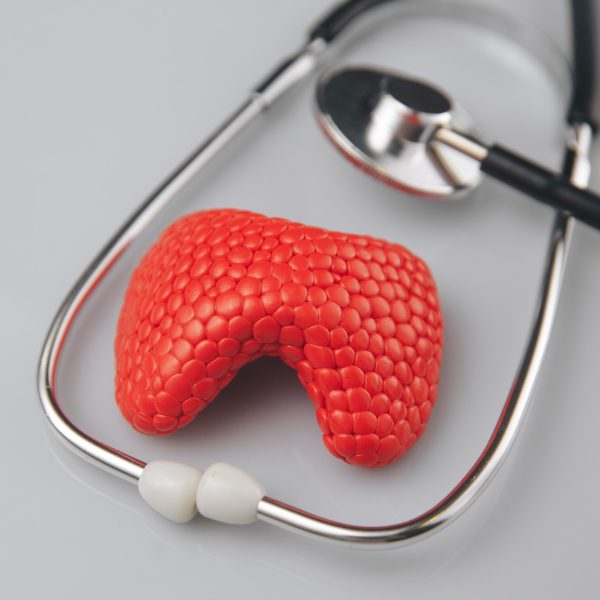The thyroid gland is a small butterfly-shaped gland located in the neck that plays a crucial role in regulating the body’s metabolism. When it is functioning properly, it produces hormones that help to control the rate at which the body burns calories and converts food into energy. However, when the thyroid gland is not functioning correctly, it can lead to a variety of health problems, including weight gain, fatigue, and even depression. In this article, we will discuss the dos and don’ts to ensure the healthy functioning of the thyroid gland.
Dos:
- Eat a well-balanced diet: Eating a well-balanced diet that is rich in nutrients is essential for the healthy functioning of the thyroid gland. Include foods that are high in iodine such as seafood, dairy products, and eggs. Other nutrients that are essential for thyroid health include zinc, selenium, and vitamin D.
- Exercise regularly: Exercise can help to regulate the body’s metabolism, which is essential for the healthy functioning of the thyroid gland. Aim to engage in at least 30 minutes of moderate-intensity exercise each day to keep your metabolism in check.
- Get enough sleep: Sleep is essential for the healthy functioning of the thyroid gland. Aim to get at least 7-8 hours of sleep each night to help regulate your metabolism and keep your body functioning properly.
- Manage stress: Stress can have a negative impact on the thyroid gland. Learning stress management techniques such as meditation, yoga, or deep breathing exercises can help to keep stress levels in check and promote a healthy thyroid gland.
- Take thyroid medication as prescribed: If you have been diagnosed with a thyroid disorder, it is essential to take your medication as prescribed by your doctor. Failure to do so can lead to a variety of health problems and may even result in a worsening of your condition.
Don’ts:
- Avoid consuming too much soy: Soy can interfere with the body’s ability to absorb iodine, which is essential for the healthy functioning of the thyroid gland. Avoid consuming large amounts of soy products, especially if you have a thyroid disorder.
- Avoid consuming too much caffeine: Caffeine can interfere with the body’s ability to absorb iodine, which is essential for the healthy functioning of the thyroid gland. Avoid consuming large amounts of caffeine, especially if you have a thyroid disorder.
- Don’t smoke: Smoking can hurt the thyroid gland and can increase the risk of developing thyroid disorders. Quitting smoking is essential for the overall health of your body, including the thyroid gland.
- Avoid consuming too much-processed food: Processed foods are often high in sugar, sodium, and unhealthy fats, which can hurt the thyroid gland. Aim to eat a well-balanced diet that is rich in nutrients and avoids processed foods as much as possible.

In conclusion, the thyroid gland plays a crucial role in regulating the body’s metabolism, and it is essential to take steps to ensure its healthy functioning. By following the dos and don’ts mentioned above, you can help to promote a healthy thyroid gland and reduce the risk of developing thyroid disorders. If you suspect that you may have a thyroid disorder, it is essential to seek medical attention from a healthcare professional.




















Share this article